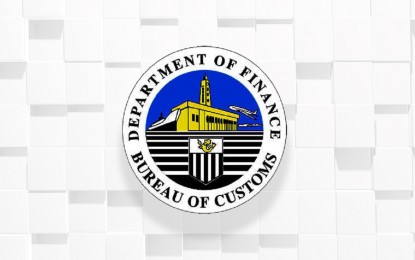
MANILA -- At least PHP20 billion is expected to be added to the government’s revenues this year on account of the fuel marking implementation, Finance Secretary Carlos Dominguez III said on Friday.
In a briefing at the sidelines of the Bureau of Customs (BOC) 118th anniversary celebration, Dominguez said he is optimistic of the increase especially since the government will capture oil companies’ importation.
He said the estimates that they submitted to Congress during the hearings for the Tax Reform for Acceleration and Inclusion (TRAIN) measure is a loss of about PHP20 billion to PHP40 billion for estate revenues annually because of oil smuggling.
“Not everybody was paying the right amount of tax on fuel imported…That’s why we put it (estimates on losses) there because we suspected some people were not fully disclosing or fully paying the taxes,” he said.
During the same briefing, Finance Undersecretary Antonette Tionko said they have marked about 24 billion liters of fuel to date.
She said oil companies are cooperating with the fuel marking program although some are not as fast as the others.
“Once we’re assured that we’ve totally saturated the supply, obviously the testing would be more serious,” she said.
Tionko added that there has been an increase in revenues even before the full implementation of the program, tracing this to fear factor.
Under Republic Act 10963, otherwise known as TRAIN Law, excise tax on diesel and bunker fuel will be PHP6 per liter in 2020 from PHP2.50 per liter in 2018.
Excise tax on gasoline increased from PHP7 in 2018 to PHP10 per liter this year.
The government awarded the fuel-marking contract to Switzerland-based security ink technology provider Société Industrielle et Commerciale de Produits Alimentaires (SICPA).
Under the plan, the government will pay the PHP0.6884 per liter fuel marking fee for the first year of implementation while oil companies will pay for the fees for the second to fifth year of implementation.
The fuel marking fee is on top of the duties and taxes to be collected from the oil companies by the Bureau of Internal Revenue and the Bureau of Customs. (PNA)
